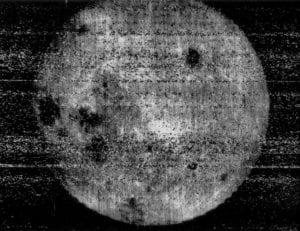
By John B Sheldon
Russia and China are currently in talks to pool their resources for joint lunar operations, according to several Russian and international news media sources.
The two countries are believed to have created a bilateral working group to draw up plans for a shared base on the Moon, as well as coordination on separate national bases on the lunar surface.
Speaking with the Nikkei Asian Review, Ivan Kosenkov of the Skolkovo Foundation said that the Sino-Russian plans for lunar bases “are viable and the only questions was how much money the two were willing to shell out.”
Reports of the bilateral working group is the latest development in what will likely be a complex lunapolitical dynamic between Russia, China, and the United States, as well as other major space powers such as India, the European Space Agency, and Japan, among others.
The US space agency, the National Aeronautics and Space Administration (NASA), has recently proposed a number of space exploration and space resources exploitation principles known as the Artemis Accords and is reported to be in informal discussions about them with other space powers.
According to reports previously published in SpaceWatch.Global it is understood that NASA and the Russian state space corporation Roscosmos are in dialogue with each other about formal negotiations on the Artemis Accords. While the head of Roscosmos, Dmitry Rogozin, has Tweeted seemingly hostile comments about the Artemis Accords, other senior officials at Roscosmos have indicated that they are at least open to discussions.
Chinese officials, however, have remained silent on their views of the Artemis Accords and it is widely perceived by a large number of space policy analysts that the accords are partially aimed at constraining Chinese space ambitions and international space cooperation that centres on Beijing.
Sino-Russian cooperation on lunar basing, therefore, is an interesting development and underscores the difficulty that will be faced by US policy makers in their attempt to corral the international space community and constrain Chinese space ambitions.





